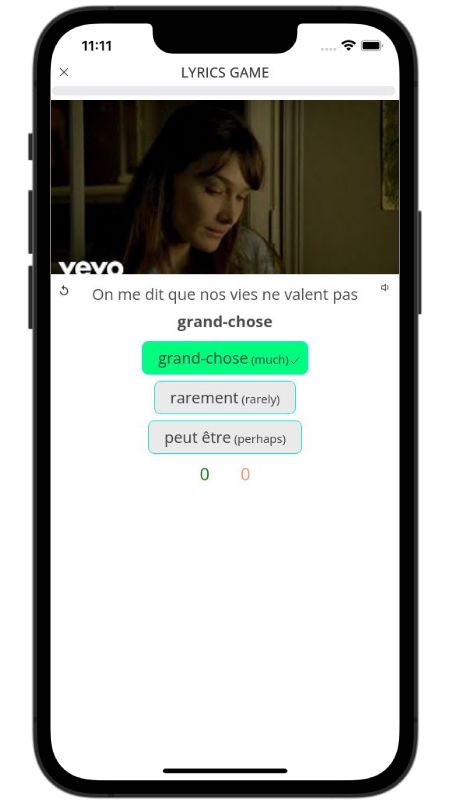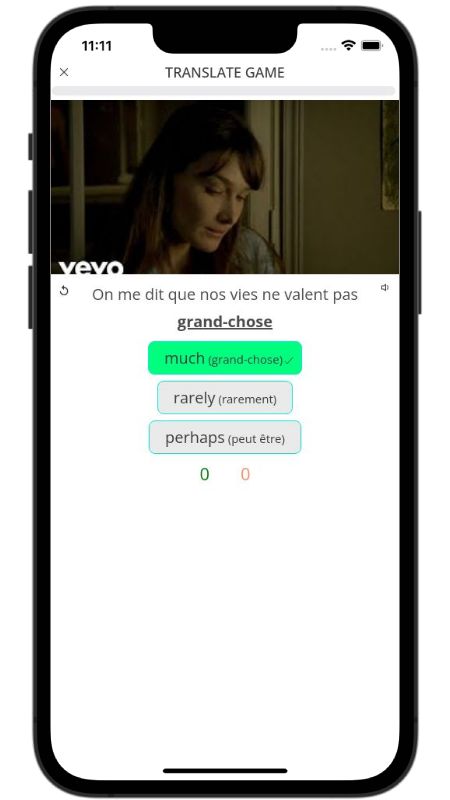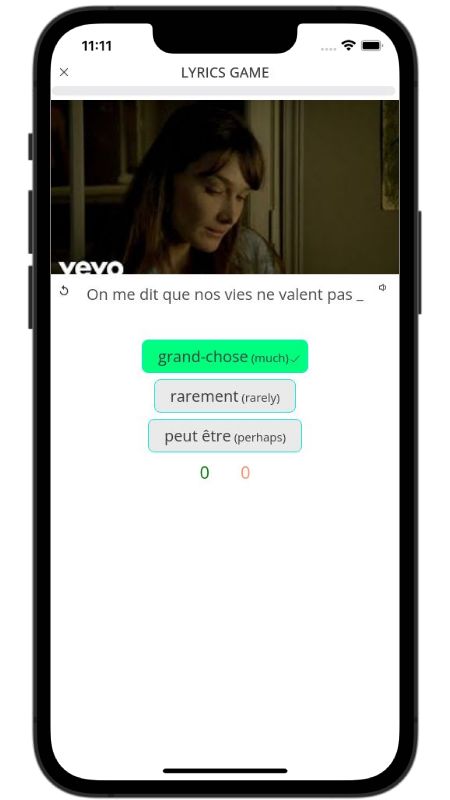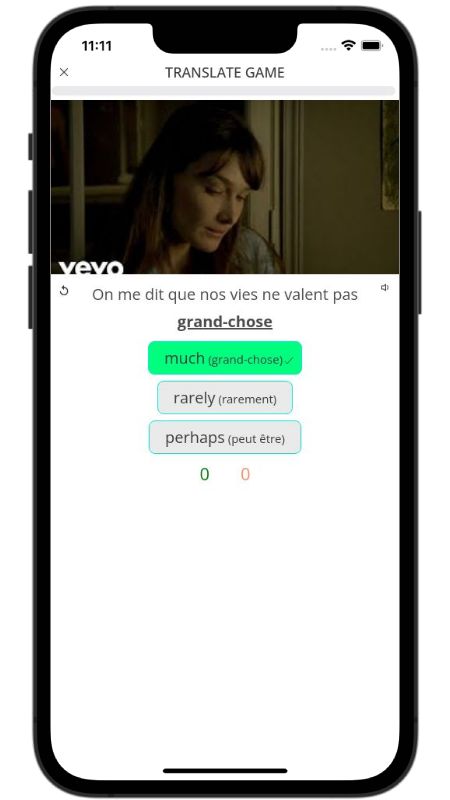Paris Métèque Lyrics in English Gaël Faye
Below, I translated the lyrics of the song Paris Métèque by Gaël Faye from French to English.
I've landed, Paris, from a world where people dream of you
I've fled the perils, the deserts where people die
You opened your arms to me, you, my Venus de Milo
You shone too bright for me, I only saw your halo
That's why I open it, my mouth's a museum
I live far from the plush and the muted lights
In your cruel alleys or your cop-packed boulevards
In the trowel music of chaophonic silences
Paris, my lovely beauty, your suitors jostle
In the thick fog of your fine particles
Me, to deserve you, I'll write you poems
I'll sing them once night falls, standing on stage
Paris wakes beneath an oceanic sky
The titi accent mixes with Asia, America, Africa
I'm a timid flower in the cracks of the concrete
Earning pennies, sleeping beneath the bridges
Bohemian Paris, immigrant Paris, Paris of anchors and exile
I prance for love while a Chinese girl in Belleville meditates
Leonardo da Vinci breaks his back on a building site
I see life in pink in these Pakistani arms
It spins, the flashing light, little carousel horse
Gallops after the riflemen who shrink the Eiffel Tower
From a squat, a shantytown, a maid's room or a shelter
I write you poems where sometimes I want to drown
A city of freedom for different people
Suitcases of exiles, wandering Jews and Roma
To memories of pogroms, to crossed-out grimoires
From the roads of Yerevan to the trails of Crimea
Caravans of stateless folk, boat people, caravel
On your pediments, Paris, they come to read the universal
And often I resent you, scornful and haughty
Capital of the world, playing the socialite
Let us constellate the real night you ignore
Stop making the thousand lights of your décor sparkle
Paris, my beauty, I love you when the lights go out
You don't write poems for a city that's already a poem
Outro
Paris, my beauty, I love you when the lights go out
You don't write poems for a city that's already a poem
Paris, my beauty, I love you when the lights go out
You don't write poems for a city that's already a poem
Lyrics and Translations Licensed & Provided by LyricFind
Did you like this lyrics translation?
Did you know?
In addition to reading lyric translations, you can now learn French with music and lyrics from your favorite artists.
No more boring lessons. You can now learn with engaging and culturally relevant lyrics from the best artists.
Apple and App Store are trademarks of Apple Inc.
Google Play and the Google Play logo are trademarks of Google LLC.
iOS AppAndroid AppWeb LessonsFree PDF WorksheetsJoin ClassroomLyrics TranslationBlogAbout UsBuy as GiftLifetime











